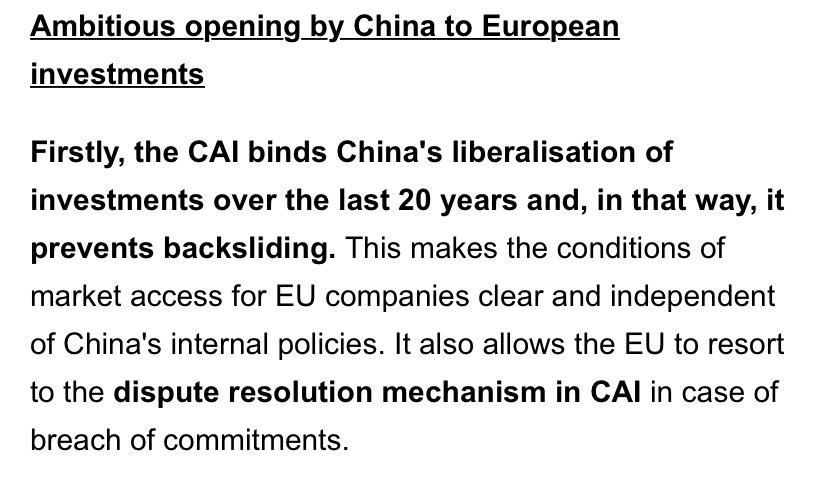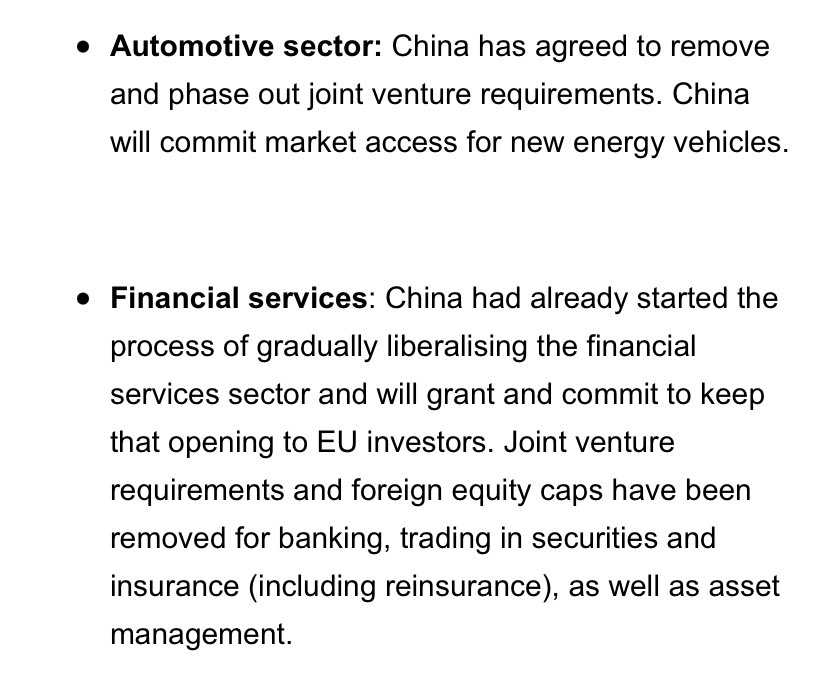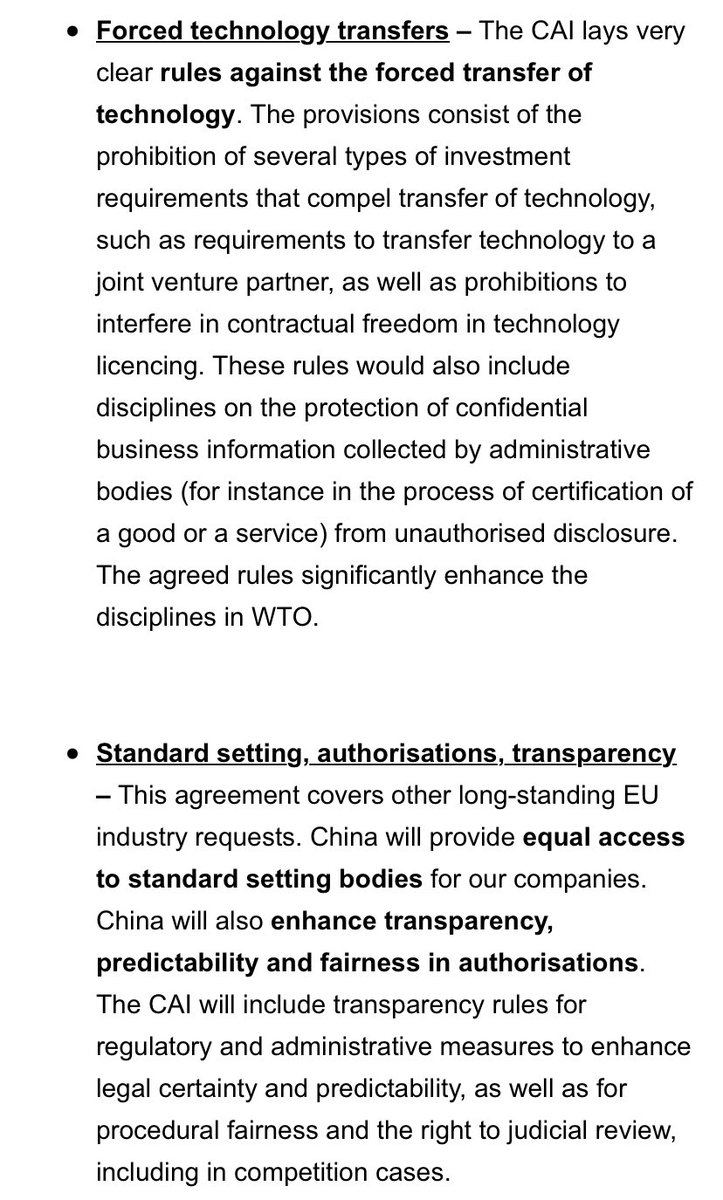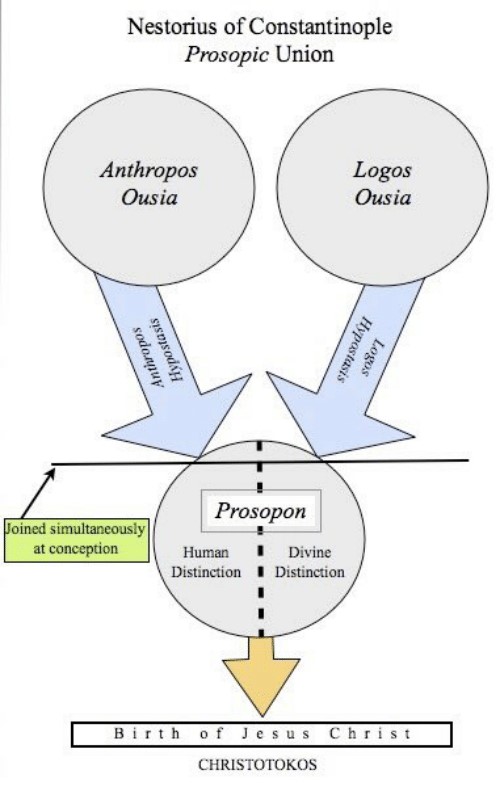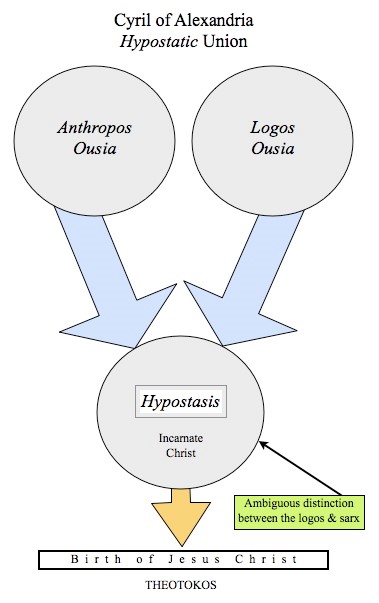Because, rest assured, there will have to be a reallignment with the EU. This will be necessitated not only by the economics but also, most likely, by unfolding events in Scotland and Northern Ireland.
1/19
I am pretty annoyed about Starmer's statement about FoM on the Marr Show today, but I'm still not sure what the thinking behind it is. If it's just that this is not the time to talk about EU allignment, fair enough, but it could have been expressed in a more nuanced way.
Because, rest assured, there will have to be a reallignment with the EU. This will be necessitated not only by the economics but also, most likely, by unfolding events in Scotland and Northern Ireland.
I am not convinced that complete endorsement of the Tory's Brexit is required to win back the red wall seats; its not what a careful analysis of polling says and it's, frankly, treating red wall voters as idiots while pandering to their supposed idiocy (pretty patronising).
Given the well-documented harms caused to border trade, UK-based European hub distribution centres, manufacturing (e.g. BASF) and fishing that have emerged just in the first week, it's pretty obvious that THIS Brexit can't be a success.
Indeed, given that these problems have emerged in a period when cross-border trade has been at a minimum we can bet that things are going to get much worse, as the odious Gove has admitted.
This economic puncture will be accompanied by hundreds of stories of the misery caused by small Brexits (e.g. people held up at the Dutch border today, SMEs being unable to export, cost of sending stuff to friends in the EU, pet passports etc.); some we're seeing already.
There will be also other Brexit insults: refusal to join Erasmus (which the defective Turing scheme will not adequately replace) and the troubles experienced by artists wanting to perform abroad - all wounds inflicted in the name of nationalist ideology.
And let's not forget events in the United States. Biden is a strong friend of Ireland; who knows what dirt will be found when his team takes over the White House? Trump and Farage were like evil twins; Trumpism and Brexit are part of the same ubernationalist project.
For all of these reasons and more, it is vital that Labour positions itself so it can hold the Tory government to account for the damage it has caused. Ok, give Brexit as an idea conditional support but certainly not unconditional support for THIS Brexit.
Which takes me to what Europeans should be doing and the attitude they should have to @UKLabour. I left the party under Corbyn and rejoined under Starmer. Right now I'm hold my nerve.
We also know that Labour policy can be influenced by its members and that public opinion can change - very rapidly under some circumstances (hardly anyone wanted to leave the EU in early 2015).
So a plausible way forwards involves a three-prong strategy:
1) I agree with @nicktolhurst that no party can campaign to rejoin right now. Instead we need to identify an intermediate step. It is not difficult to make a strong case for joining EFTA/EEA and/or customs union
2) We need a national nonparty pro-European campaign group which will openly make the case for (1). I see lots of interest in forming such a group, and fragmented groups already existing. How do we come together?
The campaign group should make a big fuss about every loss and f*ck up caused by THIS Brexit and should argue for piecemeal changes to the treaties which ease border problems and allign us more with the EU. This can be done while accepting 'Brexit' (but not THIS Brexit).
The campaign group needs a social media strategy. The far right have shown that Twitter, Facebook etc can be used to drive public opinion. Let's do this (while striving to be ethical). We need something like the US Lincoln Project. This requires funding - from where?
3) Pro-Europeans need to stay in Labour and use our influence to change the party from within. This shouldn't be too hard as more and more Brexit f*ck ups become evident, especially given that most Labour members are already there.
More from Brexit
Another head-banging day for the £112bn UK creative sector that is starting to ingest how difficult #Brexit is going to make their lives - and how little the government is really willing to do to fix the lack of a 'mobility' chapter in the EU-UK trade deal. Quick update.../1
First Equity @EquityUK put out a letter to @BorisJohnson warning that #brexit was a "towering hurdle" (you'd want Brian Blessed reading that part) to UK actors plying their trade in EU - a double whammy with #COVID19 /2
https://t.co/mXjTAISqZk
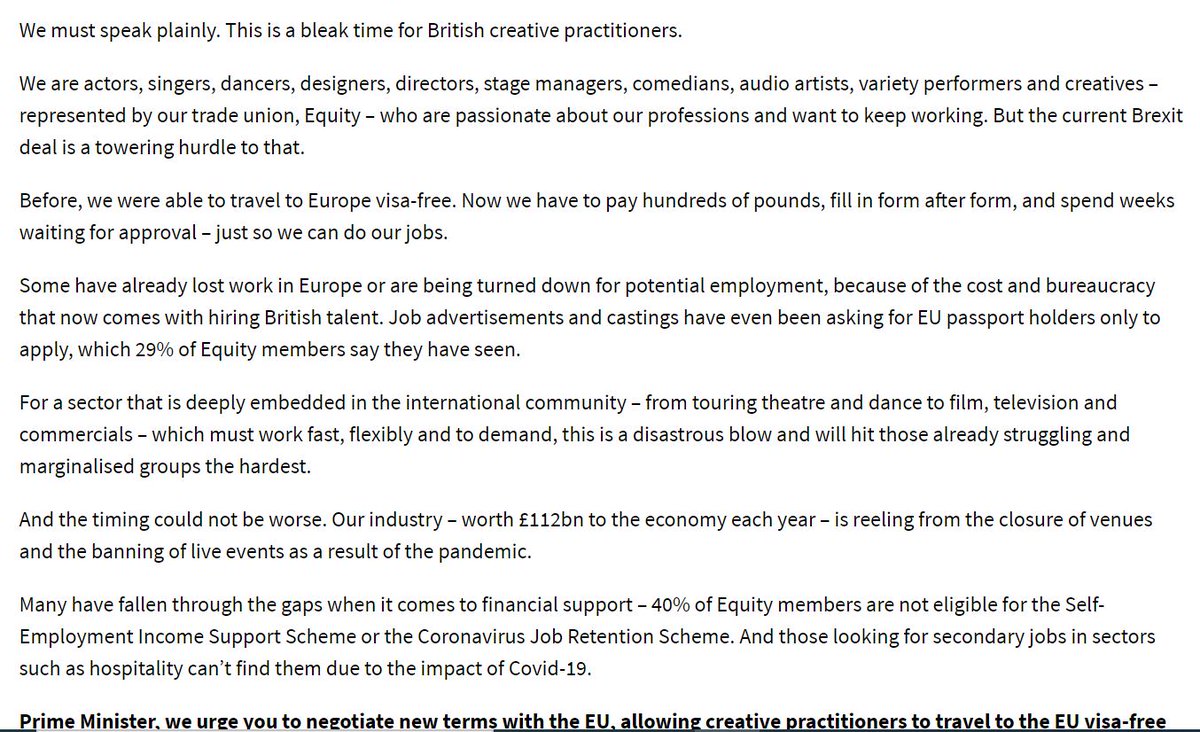
@BorisJohnson One third of Equity members say they've seen job ads asking for EU passport holders: "Before, we were able to travel to Europe visa-free. Now we have to pay hundreds of pounds, fill in form after form, and spend weeks waiting for approval" /3
@BorisJohnson Worth recalling that all this goes back to the UK desire NOT to have a 'mobility' provision within the TCA - all part of 'ending Free Movement' and the professional services folk - including musicians, actors, fashion models etc -are all victim of
@BorisJohnson What's the government going to do about all this? Good question, which brings us to todays @CommonsDCMS hearing in which the Culture Minister Caroline Dinenage @cj_dinenage frankly pin-balled around the issues /5
First Equity @EquityUK put out a letter to @BorisJohnson warning that #brexit was a "towering hurdle" (you'd want Brian Blessed reading that part) to UK actors plying their trade in EU - a double whammy with #COVID19 /2
https://t.co/mXjTAISqZk

@BorisJohnson One third of Equity members say they've seen job ads asking for EU passport holders: "Before, we were able to travel to Europe visa-free. Now we have to pay hundreds of pounds, fill in form after form, and spend weeks waiting for approval" /3
@BorisJohnson Worth recalling that all this goes back to the UK desire NOT to have a 'mobility' provision within the TCA - all part of 'ending Free Movement' and the professional services folk - including musicians, actors, fashion models etc -are all victim of
@BorisJohnson What's the government going to do about all this? Good question, which brings us to todays @CommonsDCMS hearing in which the Culture Minister Caroline Dinenage @cj_dinenage frankly pin-balled around the issues /5






